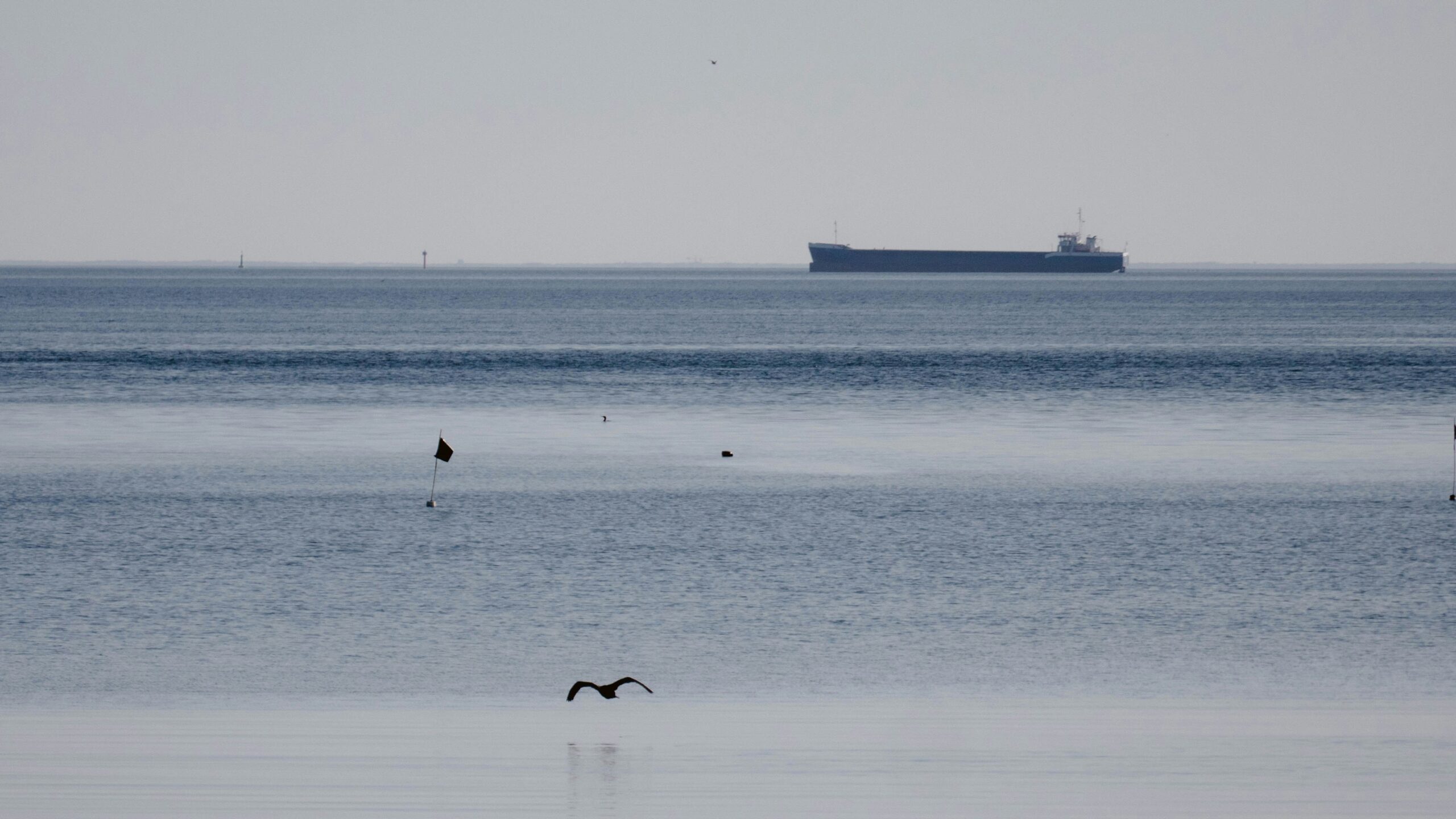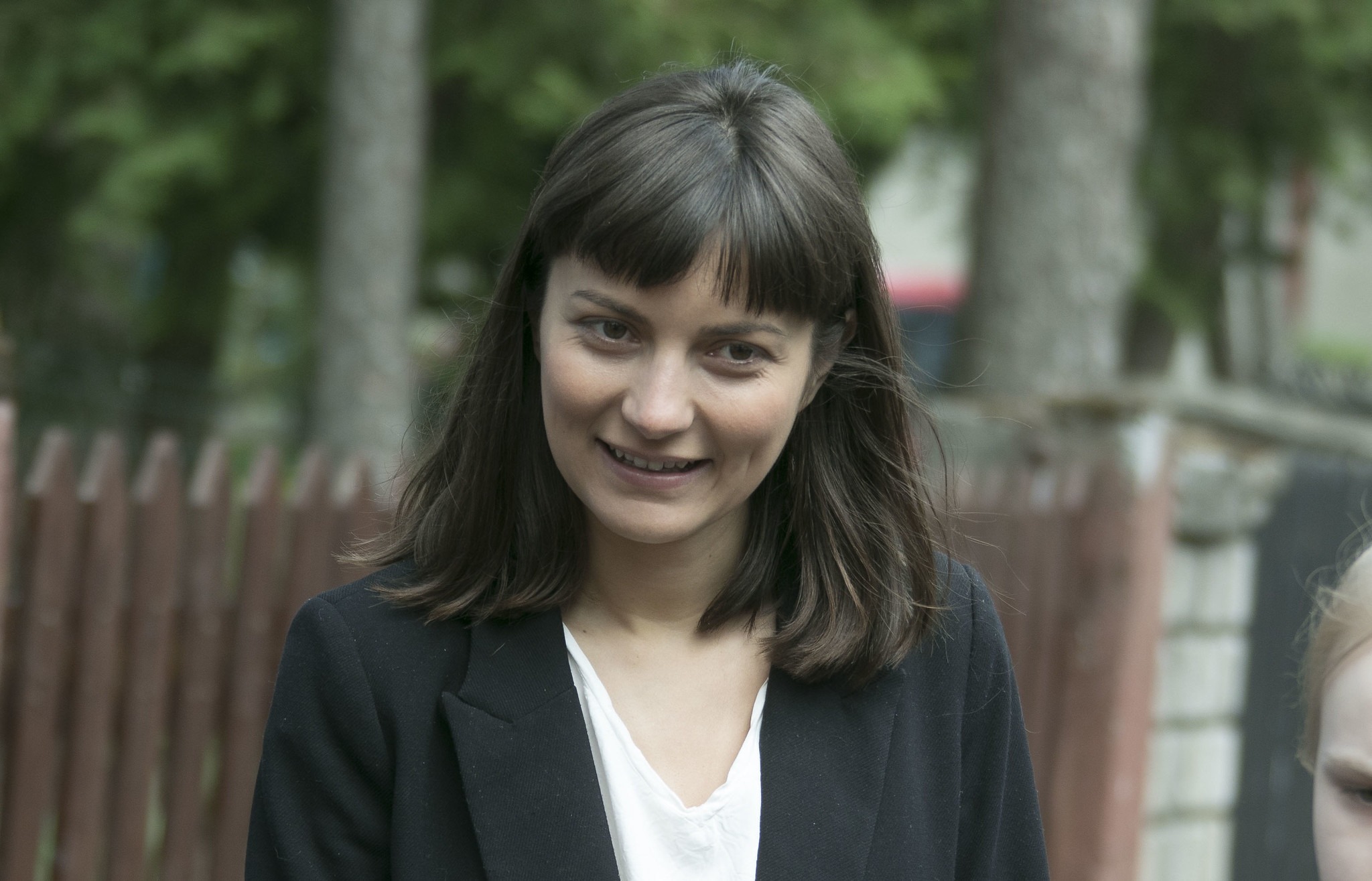
Key insights:
A media analysis showed that the most prominent topics discussed in pro-Kremlin online groups and local media in December 2024 were the following:
- Damage to the Estlink 2 power cable
- Strengthening the security of underwater infrastructure
- Situation at the Narva land border with the Russian Federation
- Anti-Israel decisions by the leadership of the Estonian Academy of Arts
- Petition in support of the Estonian Orthodox Church of the Moscow Patriarchate (EOC MP)
- Criticism of NATO military exercises and defence spendings in Estonia
- Initial actions of the EU High Representative for Foreign Affairs, Ms. Kaja Kallas
- Criticism of Tallinn authorities for the early closure of the Christmas market
Overview of main findings:
In December, the Estlink 2 underwater power cable connecting Estonia and Finland was damaged, causing power supply disruptions and raising serious concerns about energy security. Media outlets actively discussed the possibility of Russian involvement, as a Russian vessel was reportedly in the area at the time of the incident. This raised questions about protecting critical infrastructure and the need for international cooperation in this area. Following this, Estonian authorities announced urgent measures to strengthen the security of underwater infrastructure, including increased patrolling of the Baltic Sea. NATO expressed its support, which was positively received but also raised concerns about the adequacy of existing security measures.
Inspections and patrols were intensified at the Narva land border with the Russian Federation due to the general deterioration in relations between the two countries. Media reports highlighted long queues, criticism from local residents, and the need to improve border infrastructure. Issues such as smuggling risks and the need for more effective monitoring were also discussed.
Meanwhile, the decision by the Estonian Academy of Arts leadership to exclude Israel from its list of partner countries in educational programs sparked a wave of criticism. The Jewish community and diplomatic representatives condemned the academy’s actions, accusing it of politicization and undermining academic values.
Another widely discussed event was a petition supporting the Estonian Orthodox Church of the Moscow Patriarchate (EOC MP) amid potential restrictions on its activities. The petition’s authors emphasized the importance of protecting religious freedom, while critics raised concerns about the church’s influence on pro-Russian sentiments in the country. Simultaneously, NATO and the Estonian Defence Forces conducted military exercises in December, which drew criticism from residents of Ida-Viru County due to noise and alleged environmental impacts. Experts, however, highlighted the importance of these exercises for national security.
Kaja Kallas, recently appointed as the EU’s High Representative for Foreign Affairs, began her tenure with statements on the need to strengthen support for Ukraine. Her initial actions, including visits to Eastern European countries and efforts to coordinate new sanctions against Russia, were widely discussed in Estonian media. Finally, the decision by Tallinn authorities to close the Christmas market in the Old Town a week earlier than planned caused dissatisfaction among residents and tourists. Media questioned the reasons for this decision, citing economic and logistical considerations, as well as its impact on the city’s festive atmosphere.
Pro-Russian commentators on social media used each of the mentioned news events to discredit the actions of the Estonian authorities. The main narratives focused on claims that Estonia is unprepared to ensure its energy security, violates human rights both at its land border with Russia and in its support for Israel in its war with Hamas, and actively contributes to the escalation of the war in Ukraine (former Estonian Prime Minister Kaja Kallas became the EU High Representative for Foreign Affairs and immediately visited Kyiv in this role).
Story of the month:
In December 2024, the Estlink-2 undersea power cable connecting Estonia and Finland suffered significant damage, leading to widespread media coverage and a surge in disinformation narratives. The incident occurred on 25 December 2024, when the cable unexpectedly failed, disrupting electricity transmission between the two nations. Investigations pointed to the Russian oil tanker Eagle S as the likely culprit, suspected of dragging its anchor across the cable and causing the damage. Finnish authorities detained the vessel and launched an investigation into the crew’s involvement. Mainstream media reported the event as a probable act of sabotage, highlighting the geopolitical tensions in the Baltic Sea region. NATO and the European Union expressed concerns about the security of critical infrastructure, with NATO pledging to increase its military presence in the area to deter further incidents.
At the same time, disinformation campaigns emerged, particularly on social media platforms and fringe news sites. These narratives sought to deflect blame from Russia, suggesting instead that Western nations had orchestrated the sabotage to justify increased military spending and a bolstered NATO presence in the Baltic region. Some conspiracy theories suggested that Estonia and Finland fabricated the incident to gain international sympathy and financial support. These unsubstantiated claims aimed to sow discord among European nations and undermine public confidence in government institutions. Experts noted that such disinformation efforts mirrored earlier tactics used to exploit regional vulnerabilities and exacerbate existing tensions. The rapid spread of these false narratives underlined the challenges of countering misinformation in the digital age. Authorities in both Estonia and Finland urged citizens to rely on official sources for information.









